No products in the cart.
| Scientific name | Tabernaemontana divaricata |
| Common name | Crepe jasmine |
| Temperature requirement | 18-24 °C |
| Humidity | 40-60% |
| Light | Full sun to shade, but they look best when grown in filtered shade |
| Watering | Water everyday and keep moist |
| Pests | Aphids |
| Pet friendliness | Toxic to pets and humans |
| Maximum plant height | 180-300cm |
| Potting mix | Potting soil / Red soil / Manure / Perlite |
| Pot requirement | Good drainage and repot every 1-2 years |
| Nutrition | Apply manure once in fortnight and NPK in next fortnight |
| Pruning & training | Remove dead and diseased leaves with sterile shears |
| Flower color & season | White |
| Description | If you are growing crepe jasmine, you can plant the shrubs in full sun or partial shade. They require regular irrigation to keep the soil moist. Once the root systems are established, they require less water. Crepe jasmine care is reduced if you are growing the plant in acidic soil. With slightly alkaline soil, you’ll need to apply fertilizer regularly to prevent the shrub from getting chlorosis. If the soil is very alkaline, crepe jasmine care will include more frequent applications of fertilizer.The best times to fertiliser tabernaemontana divaricata are in spring, summer and autumn. Use a high-quality granular fertiliser with 1:1:1 npk. You can supplement it with liquid fertiliser to encourage blooming.The best time for tabernaemontana divaricata pruning is just before winter when you move the plant indoors or in early spring before the active growth phase begins. Prune the lower branches to help the plant branch out. When growing the plant in containers, it tends to get root bound. So, you should also prune the roots when repotting the plant.While you can propagate from tabernaemontana divaricate seeds, a quicker way to grow new plants is from cuttings. Take a 15 cm cutting from the top of the stem, cutting just below a leaf node. Remove the leaves from the lower part of the stem. Dip the cut end in a rooting hormone and place it in moist soil. Place the pot in a plastic bag and tie the top to retain moisture, and keep it in a sunny spot. In around 20-25 days, your new plant would have established roots and show new leaf growth. At this stage, you can transplant it to a suitable container. |
Additional information
| Choose Height | 50cm-70cm, 80cm-100cm, 100cm-120cm |
|---|

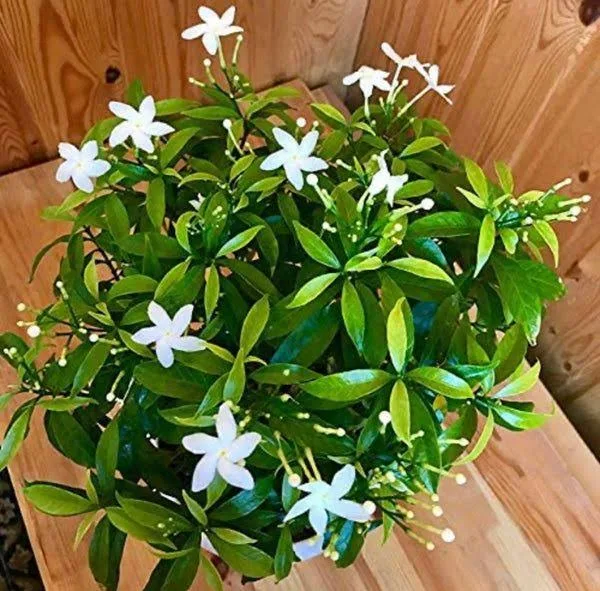

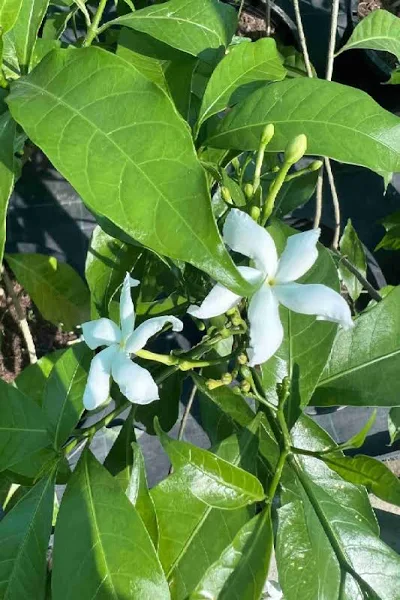



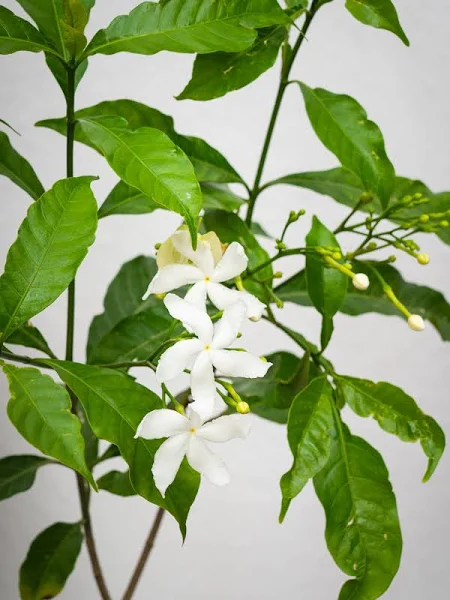








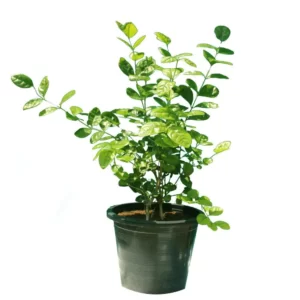

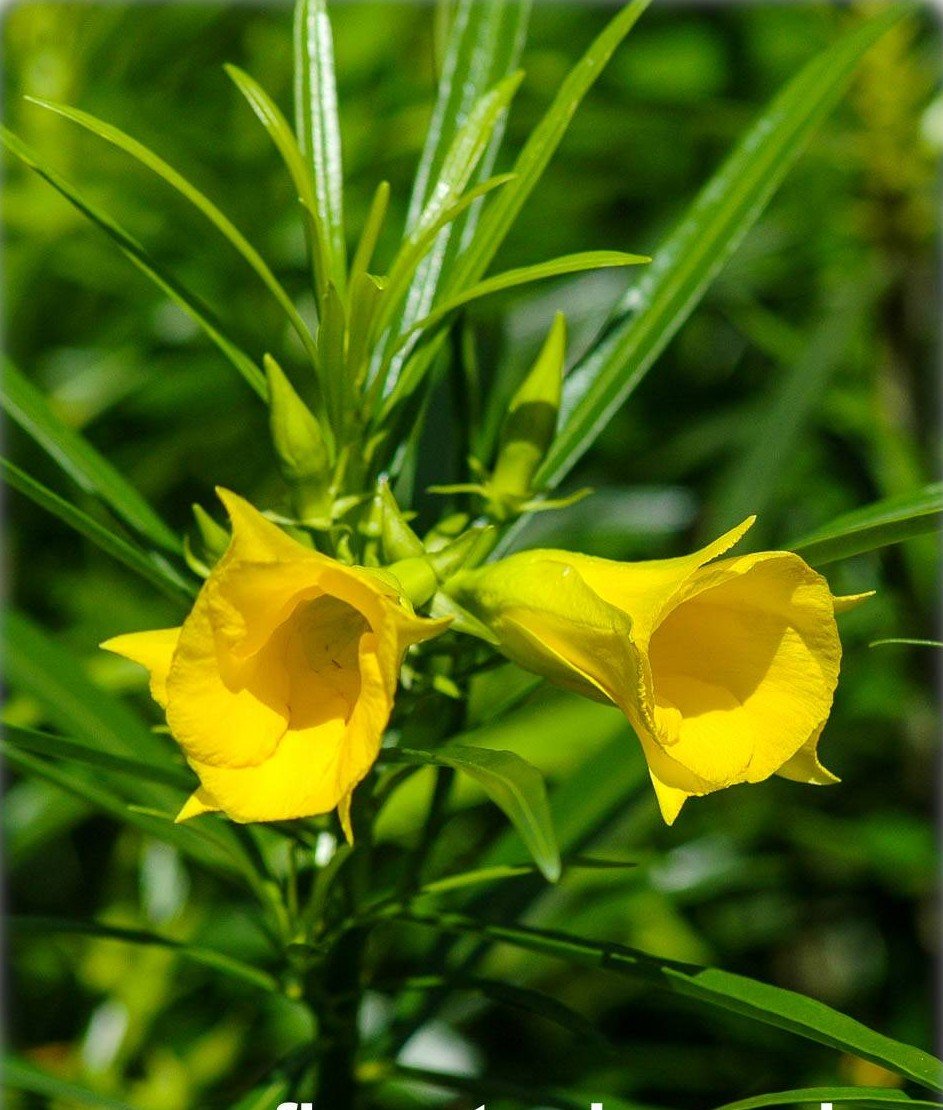

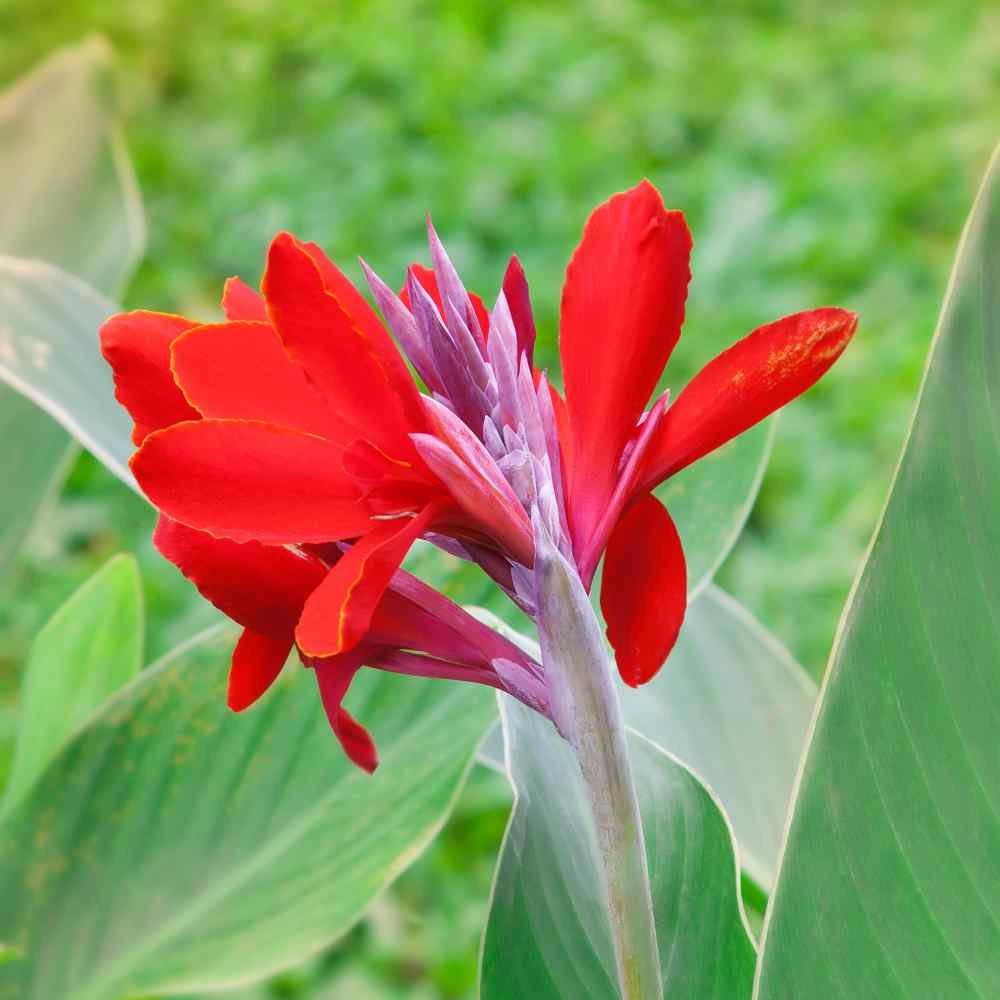



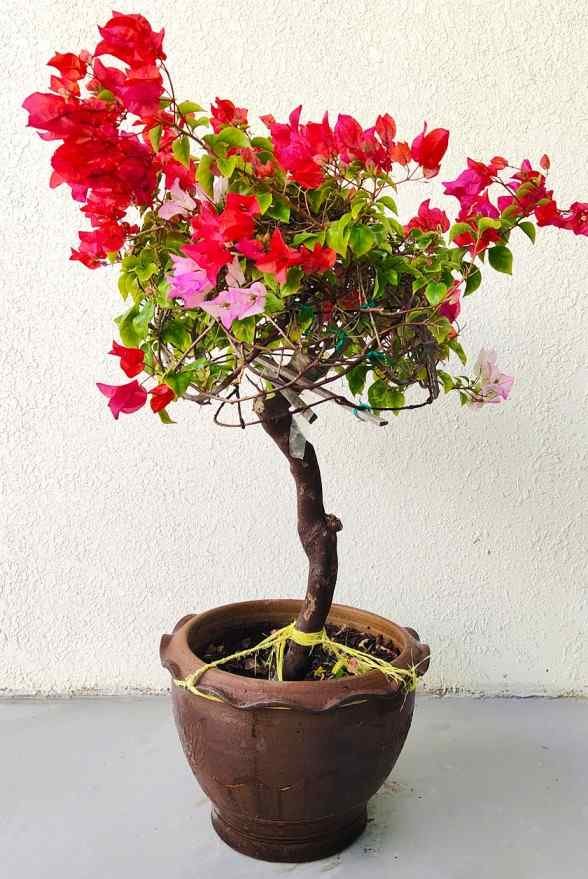
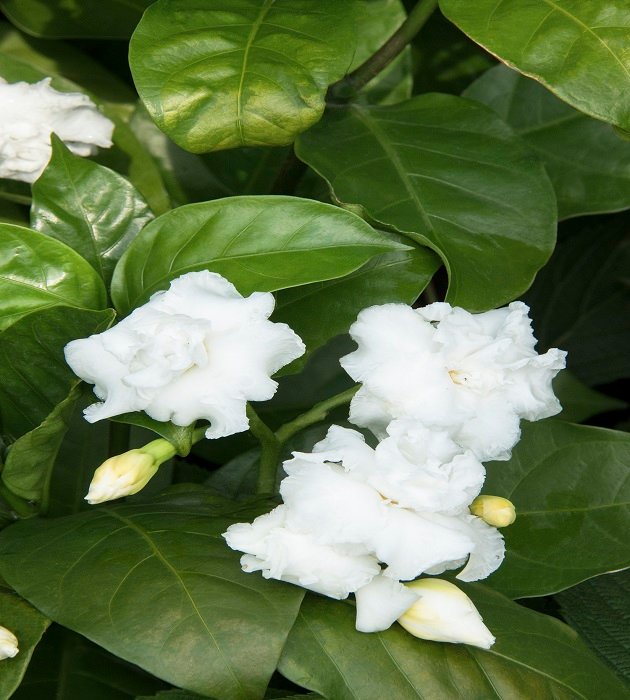
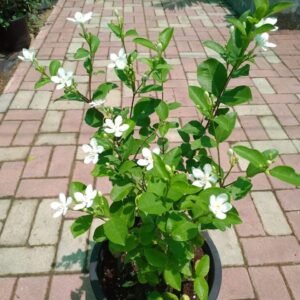


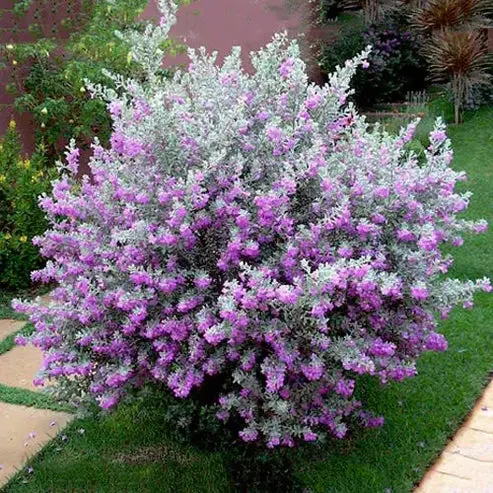
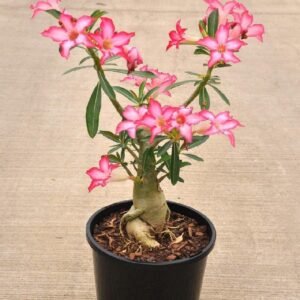




Reviews
There are no reviews yet.